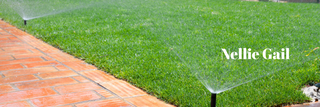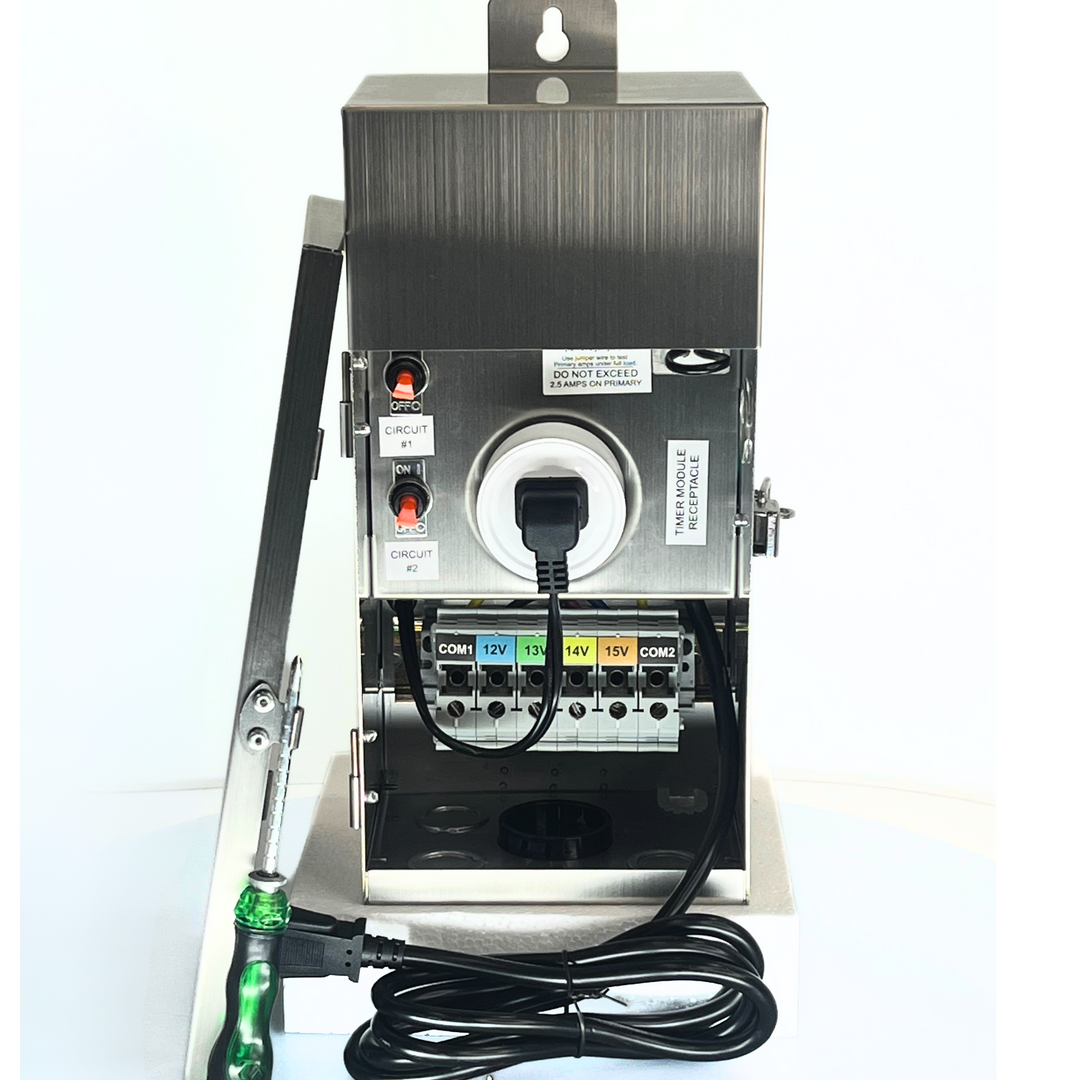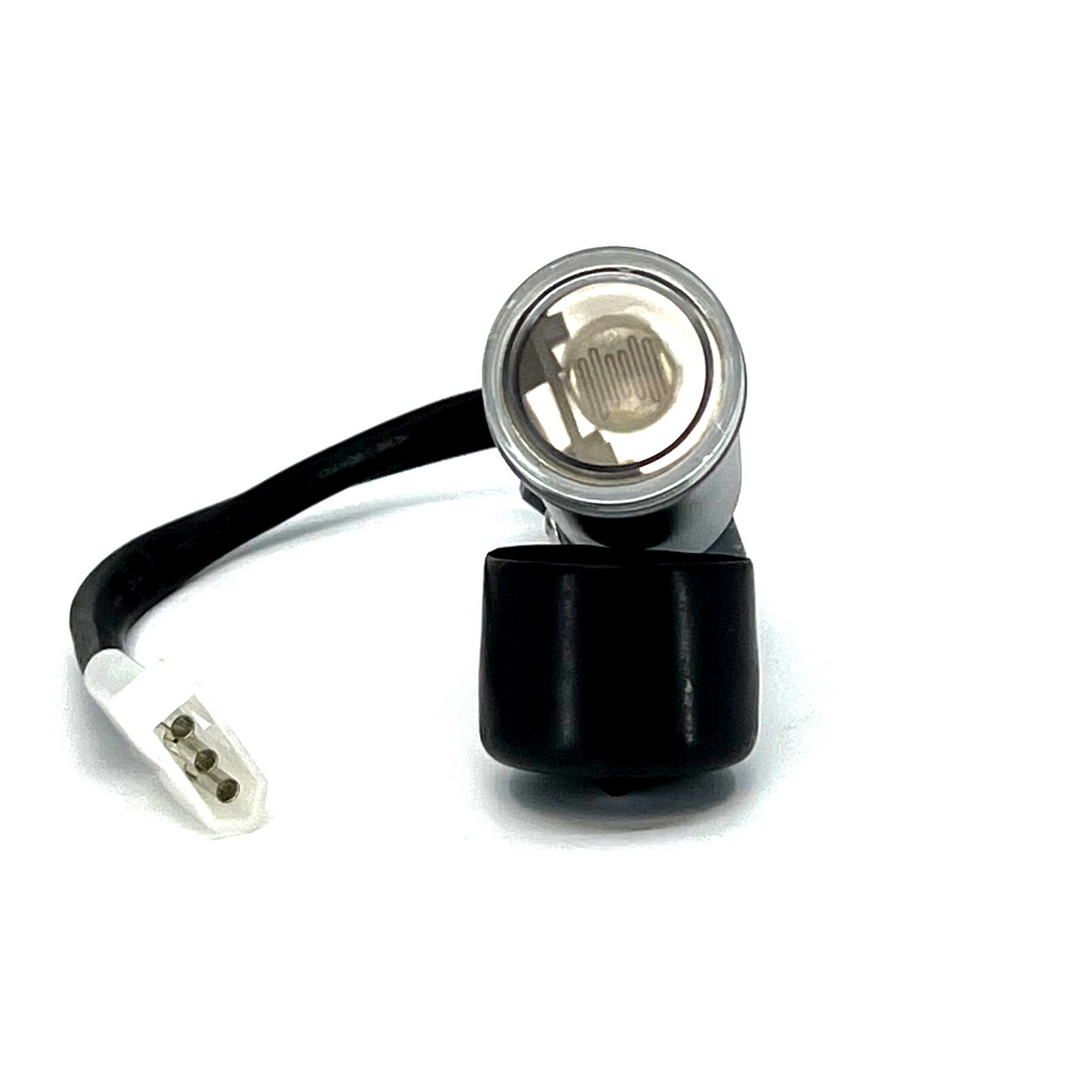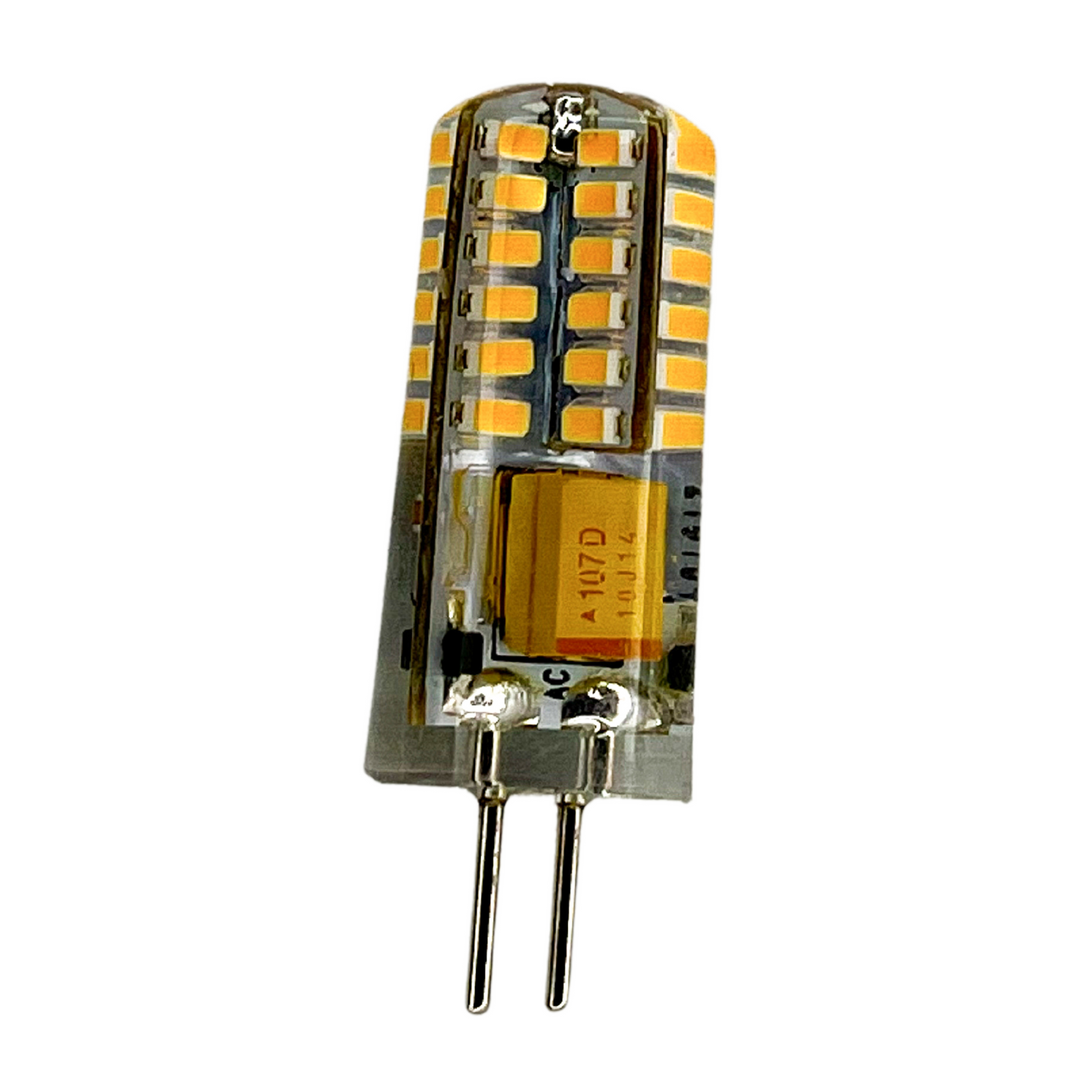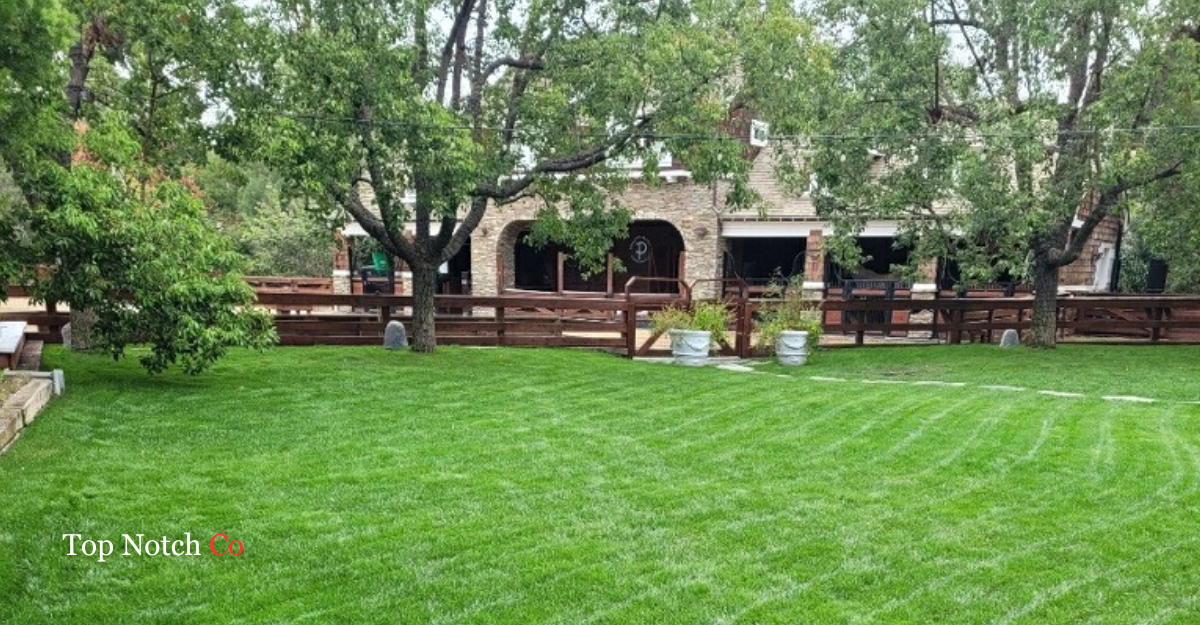
Sprinkler System vs. Traditional: Why Homeowners Are Making a Switch
|
|
Time to read 8 min
Maintaining a lush and healthy lawn requires a considerable amount of time, effort, and resources. Traditionally, homeowners have relied on manual watering methods to keep their lawns hydrated, which can be a time-consuming and tedious process. However, with advancements in technology, many homeowners are now opting for sprinkler systems as a more convenient and time-saving alternative. In this blog, we will explore the various reasons why homeowners are choosing to switch to sprinkler systems, including the convenience and time-saving benefits, the cost-effectiveness, and the environmental advantages. Additionally, we will delve into the potential downsides of using a sprinkler system, such as the initial installation costs and the possibility of water waste. Through this blog, readers will gain a comprehensive understanding of the differences between these two approaches and be equipped to make an informed decision about which method best suits their needs.
Understanding Sprinkler Systems
Sprinkler systems represent a modern approach to lawn care. They automate the watering process, ensuring your lawn receives the right amount of water at the right time. From in-ground to oscillating sprinklers, these systems vary in complexity and functionality to suit different lawn sizes and types.
The Advantages of Sprinkler Systems
These systems bring efficiency to lawn maintenance. They conserve water by distributing it evenly and prevent overwatering, a common issue with manual methods. The convenience of setting a watering schedule saves time and effort, allowing homeowners to focus on other aspects of lawn care. Sprinklers promote healthier, greener lawns by providing consistent water coverage.
Common Issues with Sprinkler Systems
Despite their benefits, sprinkler systems can encounter problems. Leaky sprinklers, for instance, can cause uneven watering and higher water bills. Electrical issues might prevent a zone from activating, indicating a need for system checks and potential repairs.
DIY Repairs and Maintenance
Maintaining your sprinkler system is crucial for its longevity. Regular checks can identify issues like damaged heads or valves. Simple DIY repairs can often resolve these problems. Ensuring all parts function correctly avoids extensive damage and keeps the system efficient.
Troubleshooting Electrical Issues
Electrical problems in sprinkler systems, such as non-functioning zones or transformer issues, require careful troubleshooting. Testing with a multimeter helps diagnose and fix these issues, maintaining the system's reliability.
Common Issues with Sprinkler Systems
Despite their benefits, sprinkler systems can encounter problems. Leaky sprinklers, for instance, can cause uneven watering and higher water bills. Electrical issues might prevent a zone from activating, indicating a need for system checks and potential repairs.
DIY Repairs and Maintenance
Maintaining your sprinkler system is crucial for its longevity. Regular checks can identify issues like damaged heads or valves. Simple DIY repairs can often resolve these problems. Ensuring all parts function correctly avoids extensive damage and keeps the system efficient.
Troubleshooting Electrical Issues
Electrical problems in sprinkler systems, such as non-functioning zones or transformer issues, require careful troubleshooting. Testing with a multimeter helps diagnose and fix these issues, maintaining the system's reliability.
Comparing Sprinkler Systems to Traditional Lawn Care
When compared to traditional methods, sprinkler systems offer a more efficient, less labor-intensive approach to lawn care. They can be more cost-effective in the long run, despite the initial investment. Traditional methods, while sometimes cheaper upfront, may require more effort and can be less efficient in water use.
Making the Switch to Sprinkler Systems
Transitioning to a sprinkler system requires consideration of your lawn's size and specific needs. Choosing the right system can make lawn care more manageable and effective, leading to a healthier, more attractive lawn.
In the realm of lawn maintenance, the debate between traditional methods and the modern convenience of sprinkler systems is ever-evolving. Homeowners globally are increasingly inclined towards sprinkler systems, and for good reason. This shift is not just a trend; it's a response to the practical needs of maintaining a healthy, vibrant lawn in a fast-paced world. This blog delves into why the switch to sprinkler systems is becoming a popular choice, addressing various aspects from convenience to environmental impact.
The Allure of Convenience: Sprinkler Systems at Work
Convenience is King
Let’s face it, time is precious. Sprinkler systems offer a hassle-free solution to lawn care. Gone are the days of manual watering. With a fixed sprinkler system, homeowners can literally "set it and forget it," ensuring their lawns receive the right amount of water without the need for daily attention. This convenience is a significant draw, especially for those with busy lifestyles.
Tech-Savvy Lawn Care
Modern sprinkler systems are not just about watering. They're smart, equipped with sensors to determine the exact water needs of your lawn. This technology helps in maintaining the perfect balance, reducing the effort and guesswork involved in traditional methods.
Cost-Effectiveness: A Long-Term View
Initial Investment vs. Long-Term Savings
The upfront cost of installing a sprinkler system may seem daunting. However, when looking at the bigger picture, it's a cost-effective choice. Over time, the efficiency of a sprinkler system can save money otherwise spent on water bills and lawn repair. They deliver water precisely where and when it’s needed, avoiding the overuse prevalent in manual methods.
Reduced Labor and Repair Costs
Traditional lawn care often involves additional expenses, such as hiring help or fixing broken equipment. With sprinklers, these costs are significantly reduced, making it a financially savvy option in the long run.
Real-Life Scenarios: Sprinkler Success Stories
Let’s consider John, a homeowner who recently switched to a sprinkler system. Initially hesitant due to the installation cost, John soon realized the time and effort saved made it worthwhile. His lawn is healthier, his water bills are lower, and he has more time for other activities.
On the other hand, Sarah, who opted for traditional lawn care, finds herself spending several hours each week watering her lawn. Despite her efforts, she struggles with dry spots and overwatering in some areas.
The transition from traditional lawn care to automated sprinkler systems is a topic of increasing interest among homeowners. This shift, driven by the search for efficiency and sustainability, marks a significant change in how we approach lawn maintenance. This blog will navigate through the multifaceted reasons behind this shift, ranging from the undeniable convenience and time-saving benefits of sprinkler systems to their cost-effectiveness and positive environmental impact.
1. Convenience and Time Management
• Automated Scheduling: Sprinkler systems can be programmed to water lawns at predetermined times, eliminating the need for manual intervention and ensuring regular lawn care.
• Effortless Maintenance: Modern sprinkler systems require minimal maintenance, offering homeowners peace of mind and more free time to enjoy their well-kept lawns.
2. Cost-Effectiveness and Financial Considerations
• Long-term Savings: Despite the initial installation cost, sprinkler systems can lead to significant savings on water bills and lawn maintenance costs over time.
• Increased Property Value: A well-maintained lawn, thanks to an efficient sprinkler system, can enhance the aesthetic appeal and overall value of a property.
3. Environmental Advantages and Sustainability
• Reduced Water Consumption: Sprinkler systems optimize water usage, preventing waste and conserving water, which is especially crucial in areas with water scarcity.
• Healthier Ecosystem: By maintaining a balanced lawn environment, sprinkler systems contribute to a healthier ecosystem, supporting local flora and fauna.
4. Challenges and Considerations
• Upfront Installation Cost: The initial investment for a sprinkler system can be substantial, making it a significant consideration for budget-conscious homeowners.
• Risk of Over-Watering: Without proper setup and management, sprinkler systems can lead to over-watering, potentially harming the lawn and wasting water.
5. Technological Advancements and Innovations
• Smart Technology Integration: Many modern sprinkler systems integrate with smart home technology, allowing remote control and monitoring, enhancing convenience and efficiency.
• Customization and Flexibility: Advanced systems offer customizable settings for different lawn areas, ensuring precise watering according to specific needs and conditions.
6. Making an Informed Decision
• Assessing Individual Needs: Homeowners should consider their specific circumstances, such as lawn size and local climate, when deciding between traditional and sprinkler-based lawn care.
• Seeking Expert Advice: Consulting with lawn care professionals or landscapers can provide valuable insights into the most suitable lawn maintenance method for individual needs.
Environmental Impact: Water Conservation and Beyond
Smart Water Usage
One of the most compelling reasons to opt for a sprinkler system is its positive environmental impact. These systems can be fine-tuned to reduce water waste, a crucial factor in today's eco-conscious world. By delivering just the right amount of water, they help in conserving this precious resource.
A Healthier Lawn, A Healthier Planet
A well-maintained lawn contributes to the environment by improving air quality and supporting biodiversity. Sprinkler systems promote healthier lawns by preventing over or under-watering, which can lead to issues like disease and weed proliferation.
Frequently Asked Questions
How Do You Identify and Repair a Leaky Sprinkler?
A leaky sprinkler can lead to uneven watering. Look for inconsistent water pressure and wet or dry patches. Check valves and sprinkler heads for damage and consult a guide or specialist for repairs.
What Should You Do If a Sprinkler Zone Is Not Turning On?
This usually indicates an electrical problem. Ensure wires are attached correctly, and the transformer is functioning. Use a multimeter to check the voltage to the nonworking zone.
How Can You Replace Damaged Sprinkler Heads?
You can either replace the entire head or just the internal components. Ensure all parts are correctly installed and test the system after repairs.
What Steps Are Involved in Replacing a Faulty Sprinkler Valve?
Identify the correct replacement valve, access the valves by cutting the PVC pipe, and replace the faulty valve. Ensure all connections are secure before turning the system back on.
How Do You Maintain a Lawn Sprinkler System?
Regular maintenance includes checking water pressure and sprinkler heads. Adjust the system's runtime and remove weeds for efficient watering.
What Are the Common Causes and Solutions for Electrical Issues in Sprinkler Systems?
Electrical issues can be due to a faulty transformer or solenoid. Test these components with a multimeter and replace if necessary.
Addressing the Drawbacks: Installation Costs and Water Waste
Understanding the Initial Outlay
While the benefits are numerous, it’s important to acknowledge the initial cost of installing a sprinkler system. This investment may not be feasible for everyone, but considering the long-term savings, it’s worth evaluating your budget and long-term lawn care goals.
Mitigating Water Waste
The potential for water waste is a valid concern with sprinkler systems. However, with proper planning and the use of modern, efficient systems, this risk can be greatly minimized. It's about choosing the right system and using it responsibly.
Conclusion: Making the Informed Choice
As we delve deeper into the reasons homeowners are switching to sprinkler systems, we uncover the layers of benefits they offer. These systems not only streamline the process of lawn care but also embody a shift towards more environmentally conscious and financially savvy home maintenance practices. They represent a fusion of technology and nature, bringing forth an era where lawn care is not just about maintaining aesthetics but also about embracing efficiency and sustainability. With the insights provided in this blog, homeowners are equipped to make a choice that best suits their needs, lifestyle, and values.
Deciding between a sprinkler system and traditional lawn care depends on individual needs and preferences. While sprinkler systems offer undeniable benefits in terms of convenience, cost-effectiveness, and environmental impact, they do come with considerations like initial costs and responsible usage.











